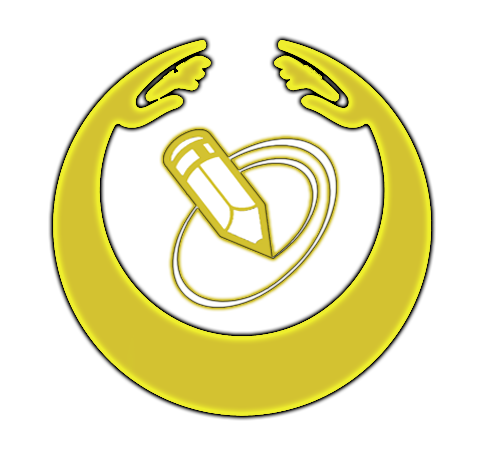False medical claims
The scams
Phantom treatments. Dishonest medical providers will bill
health insurers for expensive treatments, tests or equipment you never received
- and for illnesses or injuries you don't even have.
Double billing. Unethical providers may double- or
triple-bill health insurers for the same treatments, hoping the insurer won't
discover the overruns in the big stack of bills.
Shoddy care. You might receive shoddy or substandard
treatment for real and urgent medical problems. One eye doctor shined pen
lights into patients' eyes and said he'd performed cataract surgery. Surgeons
have used defective pacemakers and catheters during heart surgeries, which have
killed patients or required more surgeries to correct the problems.
Unneeded care. You might receive dangerous and even
life-threatening treatment you don't need. One surgeon performed heart surgery
on patients who didn't need it.
Bogus insurers. Insurance agents or brokers sell you low-cost
health coverage from fake insurance companies. Then they take your premiums and
disappear. You're left without vital health coverage, and don't even know it
until you make a claim.
Identity theft. Cheaters steal your medical ID number, then
use it to bill health programs tens of thousands of dollars for phantom
treatment. Crooks steal your health info from dumpsters behind medical clinics,
break into doctor offices and steal files, and hack into computer databases
containing your records.
Rolling labs. Mobile diagnostic labs give needless or fake
tests or physical exams to consumers, then bill health insurers for expensive
procedures.
Runners. A person hired by a medical provider to drum up
business trolls through neighborhoods, often low-income areas, enticing people
to come to a clinic for tests. These runners will even round up children for
unneeded tests and procedures.
The price you pay
Coverage drained. Your coverage limits might be drained by
worthless and unnecessary treatments.
Financial disaster. Inflated or phantom medical bills can
increase your co-payment, beyond your ability to pay. This could force you into
collections and damage your credit rating. And if you bought health insurance
that ends up completely fake, you could face financial disaster if you must pay
large medical bills with your life savings because your policy's worthless.
False medical record. Your medical record contains false
information about illnesses, diseases, injuries or other problems you never
had. Your information is available to insurers, so you could be denied health
coverage or pay higher premiums because of a trumped-up medical record.
Premiums rise. Your health premiums rise because insurers
pass the cost of fraud onto policyholders. High health premiums discourage
employers from offering this needed employee benefit.
Personal distress. You receive bogus or needless treatments
that are painful, distressing, can threaten your health — and even kill you.
Taxpayer ripoff. Billions of your tax dollars pay for
fraudulent claims against Medicare, Medicaid and other taxpayer-funded health
programs every year. These are your tax dollars being stolen.
Fight Back
• Keep detailed records of treatments you receive. Include
all dates, locations, who provided the treatments, what services you received,
and what medicine, supplies or equipment were provided.
• Carefully review the billing and summary statements you
receive after treatment. Are the treatment dates, doctor name(s), facility
locations and medical services the same as you remember? Know what medical
equipment and supplies your provider ordered, as well.
• Never sign blank insurance claim forms.
• Ask your medical providers what price they charge, and what
you'll pay out-of-pocket.
• Avoid door-to-door or telephone salespeople who offer you
free medical services or equipment.
• Never give strangers your policy number, insurance ID
number, Medicare claim number or other info, especially if they offer you cash
or free gifts, treatments or equipment.
• Know what your medical benefits are — what's covered and
what isn't.
• Back off if someone says they can bill your health program
to pay for an uncovered treatment or equipment. You're being pulled into an
illegal scheme. You could lose your health coverage, be arrested, fined, thrown
into jail, and live with a conviction record that disrupts your life for years
to come.
• Never pay your health premiums in cash, and be wary if the
health insurer asks you to pay a full year's premium upfront.
• Be careful if medical providers say they're connected with
the federal government, Medicare, Medicaid or other health programs.
• Back off if the insurer offers you health coverage for
"just pennies a day," or sells coverage at a price far lower than
others.
• Check with your state insurance department to make sure the
health insurance company is licensed to do business in your state.
• See if the health insurer has a history of consumer
complaints, bankruptcy, fraud convictions or other problems. Your state
insurance department and consumer protection agency, and Better Business Bureau
are good places to start.



















0 comments :